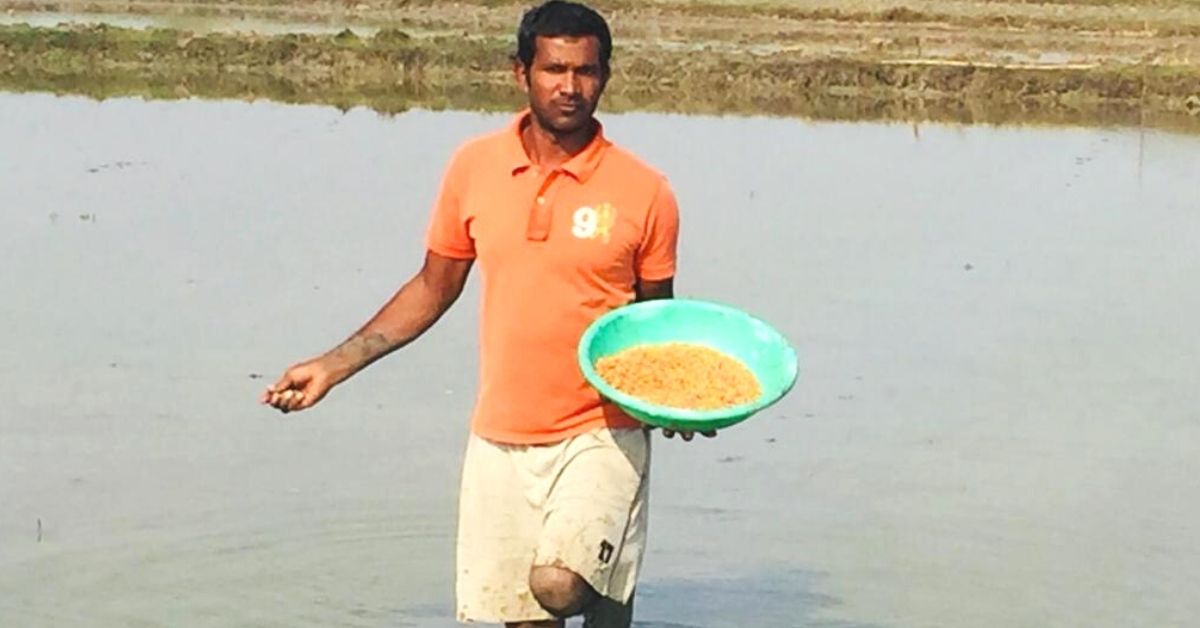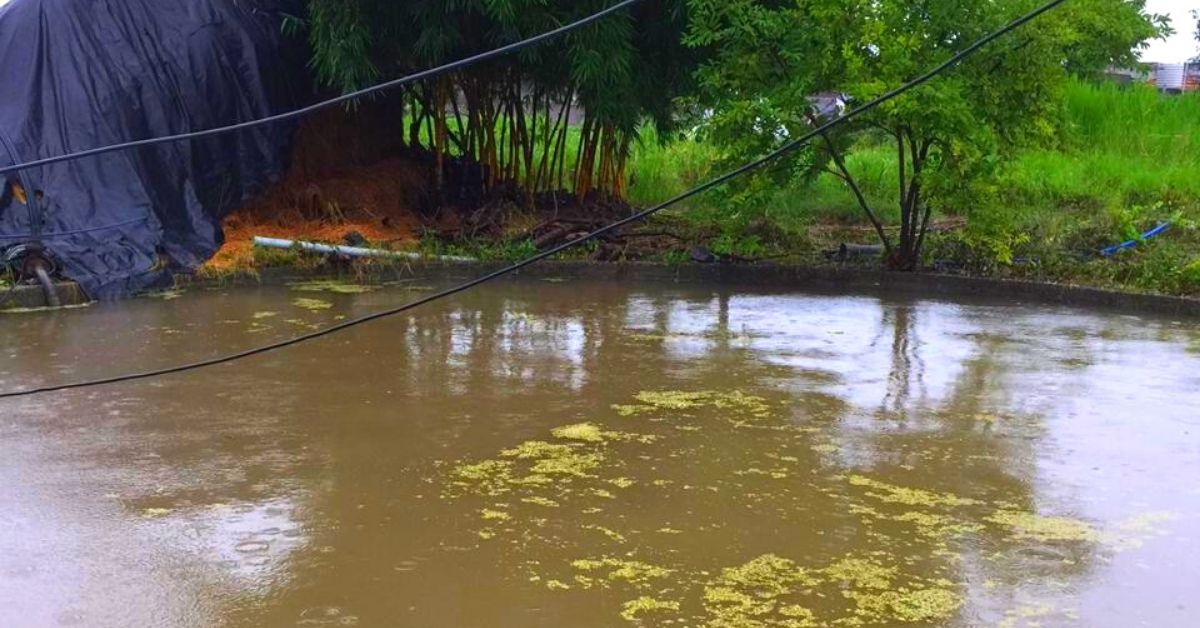In 2014, a relative of software professional Mavuram Mallikarjun Reddy passed away from cancer, which had been detected a few years earlier. What was shocking, Mallikarjun recalls, was that none of the family members, or previous generations of the relative, had any known cancer history.
A native of Pedda Kurmapalli village in Telangana, Mallikarjun learned through oncologists and reports that food contamination was the culprit behind his relative’s illness. Food laden with chemical fertilisers and pesticides had entered their system to affect the health of the body.
Shaken by the incident, a realisation dawned on Mallikarjun that he had to switch to producing and eating food that was free of these evils, in the interest of health. He quit his job in Hyderabad and decided to begin organic cultivation on his 13-acre ancestral land in the village. His wife Sandhya, an MBA graduate, followed suit.
At present, the couple practises organic and residue-free agriculture and has grown over 26 varieties of rice, vegetables and medicinal plants. Mallikarjun’s efforts have won him the Indian Council of Agriculture Research (ICAR) award, making him the first person in the state to achieve this feat. He is also the recipient of eight other awards. These accolades did not come only for his organic farming, but also for the innovative techniques he has applied to increase the produce, which he says earns him Rs 16 lakh a year.
Creating an integrated ecosystem

“We wanted to give our children safe and healthy food. Incidentally, my wife confirmed her pregnancy around the same time, which only helped us cement the decision,” Mallikarjun tells The Better India.
The 40-year-old says he started growing paddy on a small patch of land and extended the cultivation gradually. Later, he progressed to growing varieties such as paddy, cowpeas, ginger, sesame, groundnut, vasaka leaves and other medicinal plants. His extended farm, which he has taken on a lease, expands over 20 acres.
“I reap 42 quintals of rice per acre in a season, which is 10-12% more than the average yield grown through conventional techniques. I do not sow seeds through the broadcast method, which involves spreading the seeds or creating saplings for paddy. Instead, I directly sow them. It helps in reducing the number of seeds required for planting and, in turn, the cost. The conventional method requires 25 kilos of seeds per acre, whereas direct sowing needs 5 kilos,” he explains.
The measures helped him reduce the cost of the seeds from Rs 25,000 to less than Rs 12,000.
Mallikarjun follows an integrated farming technique that involves growing multiple crops in a shared space. “The method helps plants exchange nutrition and supplement growth,” he says.

Besides drip irrigation, he has introduced rainwater harvesting in his farm to recharge the groundwater levels and maintain the soil moisture. “I have also implemented aquaculture to breed 600 fish in a pond that stores rainwater. There are sheep, hen, goat and other cattle that help provide natural nutrients to crops from their waste. I use organic fertilisers like jeevamrut, neem, and other such natural means to improve soil fertility and prevent infection,” he adds.
“I require less farm labour, and I manage most of the work alone. I have reduced six kilos of weight and put sincere efforts into a 12-hour shift, which starts at 4 am. The effort earns me four times more against the IT job, which paid me Rs 4 lakh,” he says.
Speaking about some challenges he faced along the way, Mallikarjun says, “I did not get the expected yield initially. Hence, I consulted experts in the agriculture field such as Subhash Palekar and Rajiv Dixit. I also took advice from officials at the state agriculture department,” he says. He adds that friends and relatives mocked his decision. Villagers thought that quitting a well-paying job to enter farming was the wrong move. But with the support of his wife Sandhya, he kept working relentlessly.
For a healthier society

Mallikarjun has not kept the success mantra to himself, and has instead helped hundreds of farmers by sharing ideas and helping them prosper.
“I am a member of the advisory committee at Krishi Vigyan Kendra (KVK), a member at Agriculture Technology Management Agency (ATMA), a faculty at the Jayashankar Telangana State Agriculture University and part of various farmer groups. This way, I share my knowledge with the community at large,” he adds.
Dr N Venkateshwar Rao, senior scientist and head at KVK, Jammikunta, Karimnagar, says the integrated farming method is a way for farmers to increase their income and ensure a steady flow of cash. “Practising a single form such as agriculture, horticulture or animal husbandry alone will get slow and limited income. It usually earns income once in six months. But using integrated techniques by combining all will ensure a regular income from multiple sources throughout the year,” he says.
Venkateshwar says that farmers should also grow pulses, grams and other unique crop varieties to increase their market value.
Mallikarjun further plans to experiment with other crops including grass, pulses, grams and different varieties on his farm. “The sole aim is to create a better and healthy society for which it is important to produce successful young generation farmers who grow chemical-free food for all,” he adds.
Edited by Divya Sethu
No comments:
Post a Comment